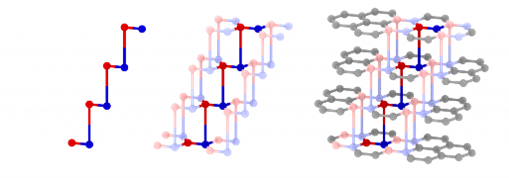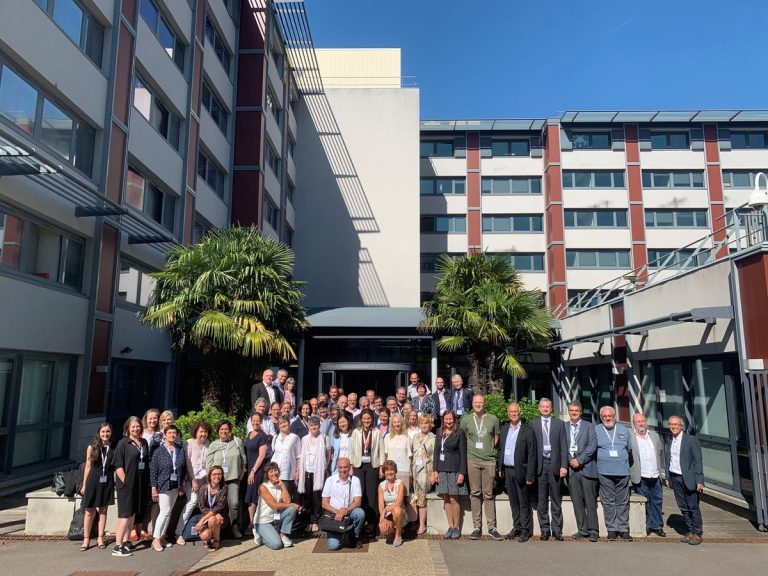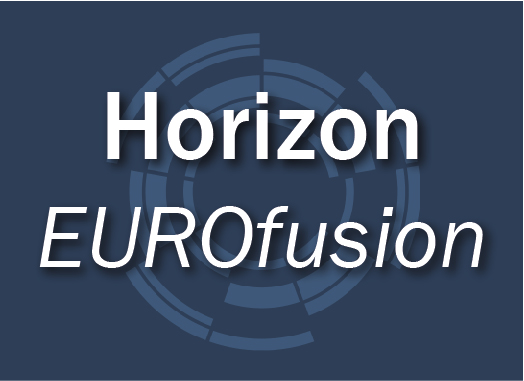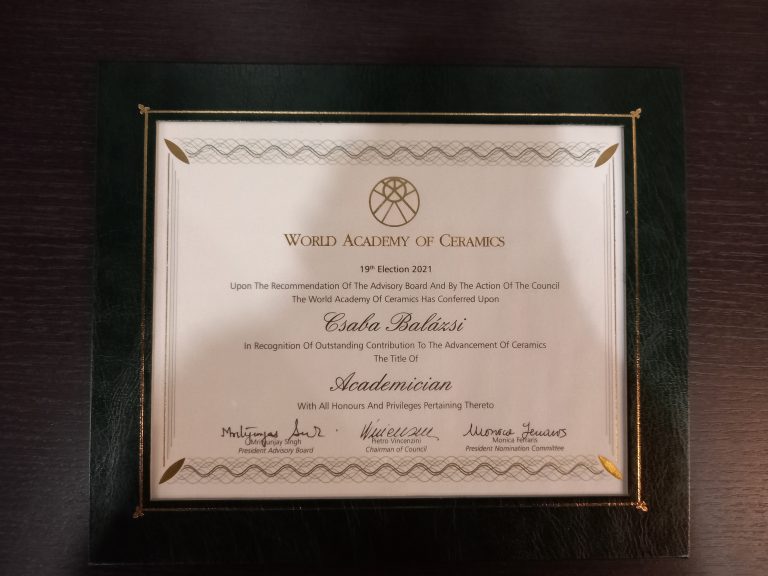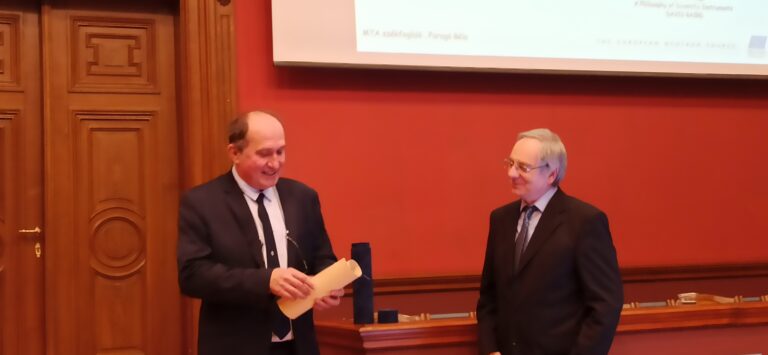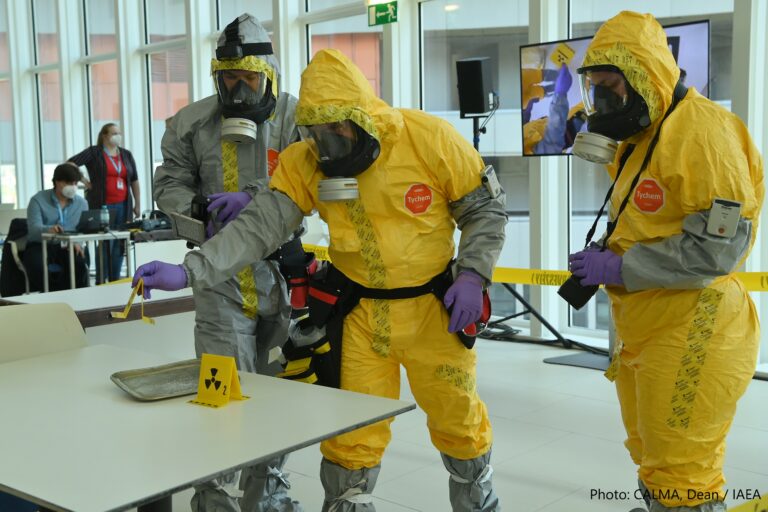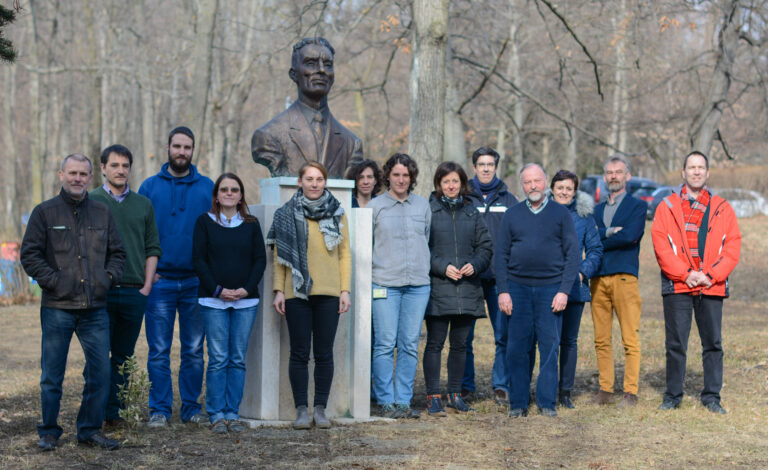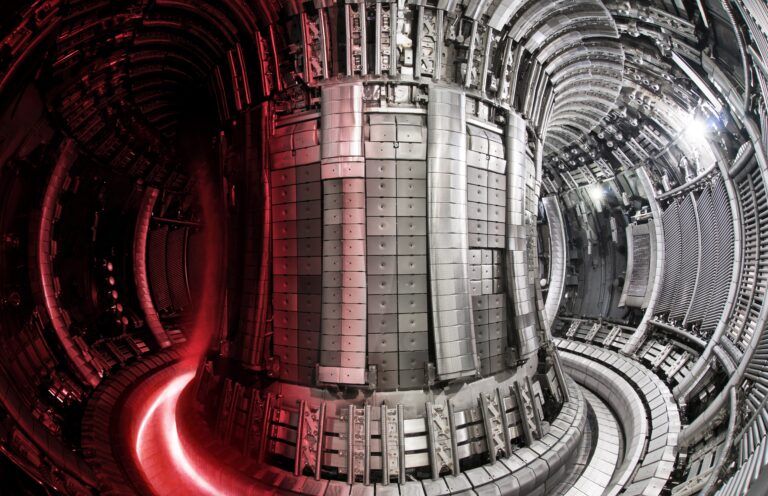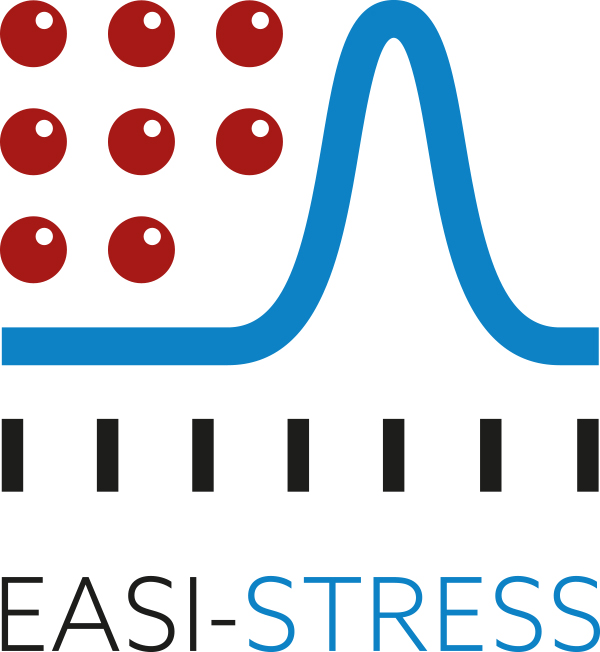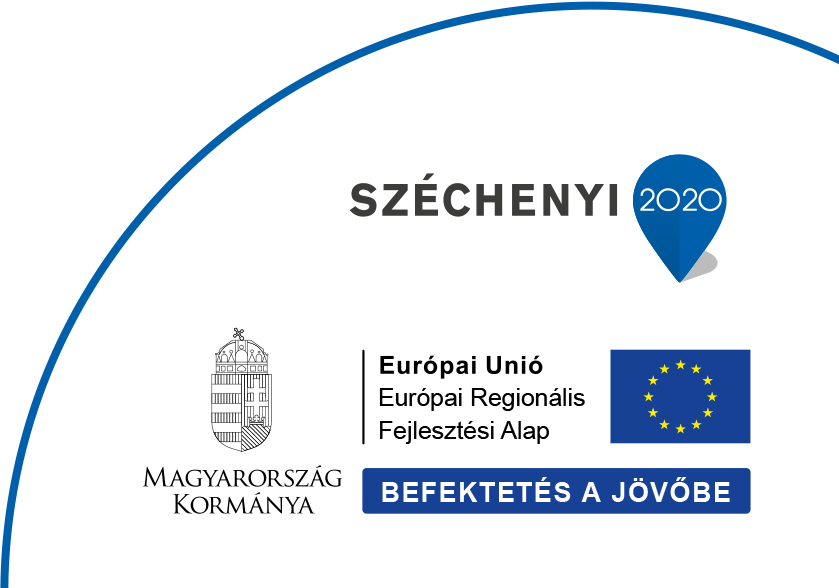Exotic magnetism in graphite, when electrons crowd together on the surface
The interaction of electrons with each other and their topological properties result in quasiparticles such as Majorana bound states, fractionalized spin and charge, etc. Understanding the physics of these emergent quantum systems promises the realization of topological electronics, robust quantum bits, high temperature superconductivity, etc. Deep insights into new physics nearly always result from studying the simplest possible systems. However, in the case of correlated states this is rarely the case, being hosted by binary, …
